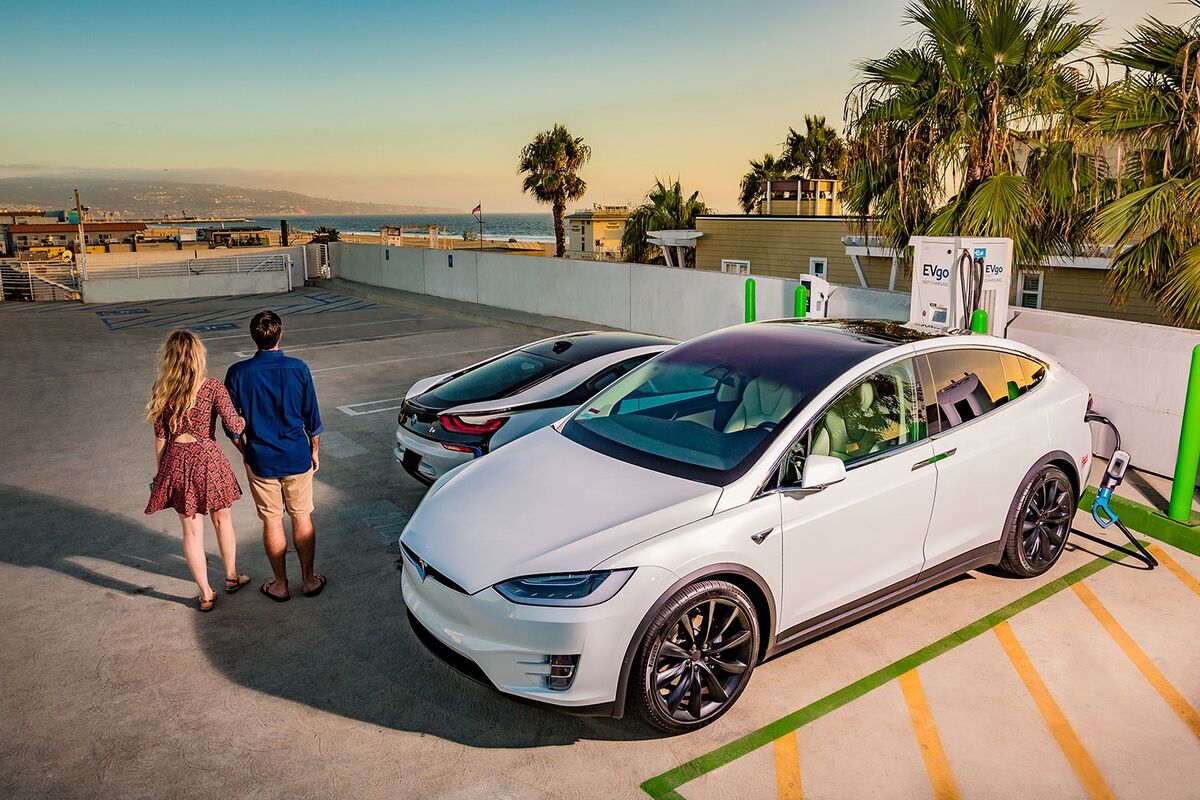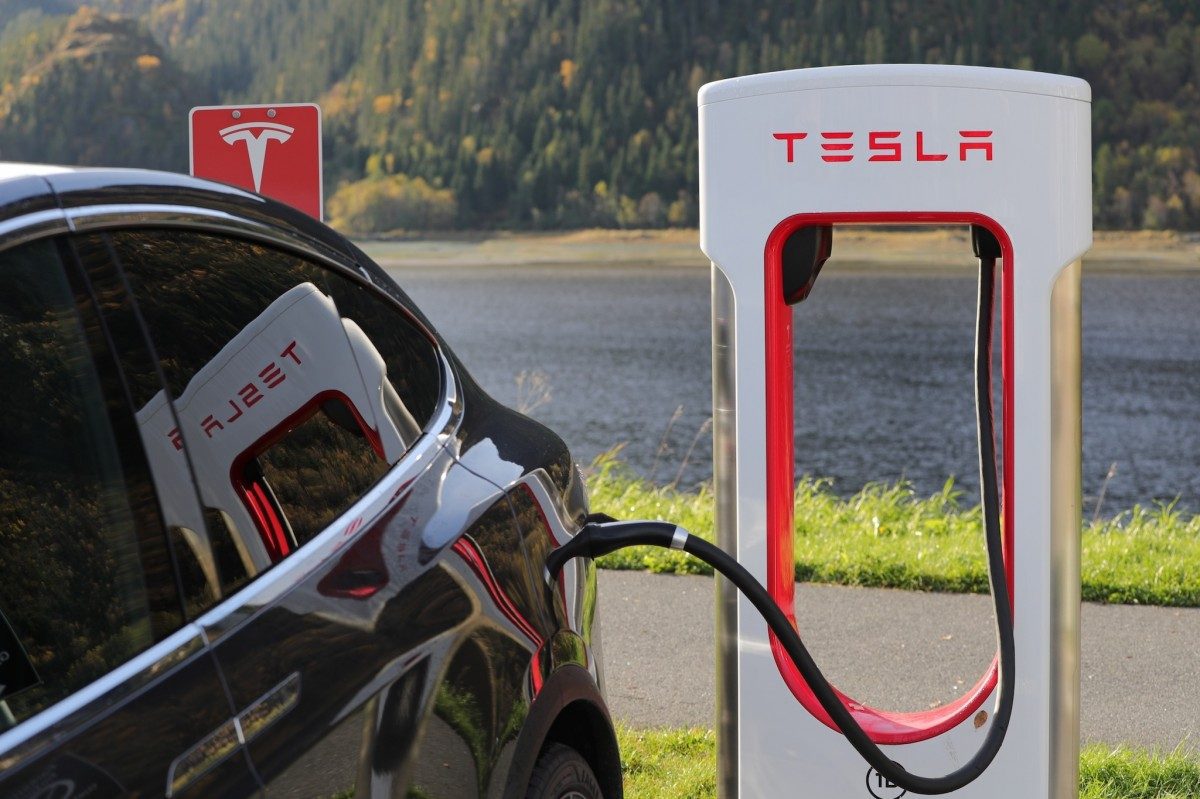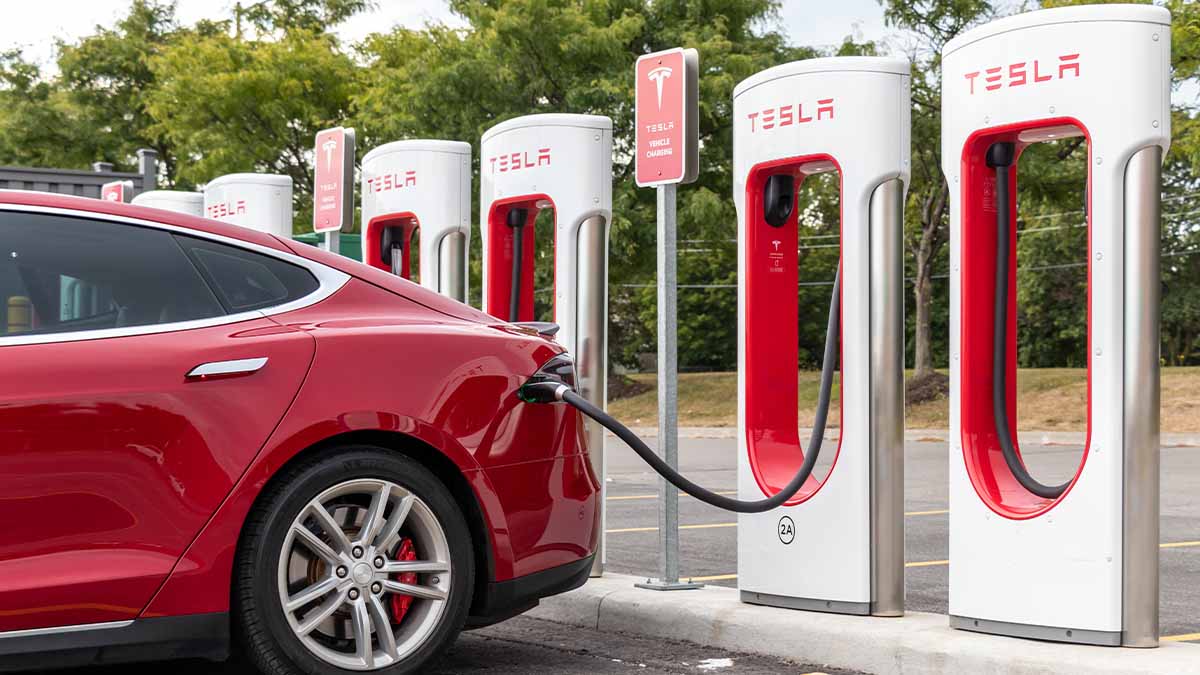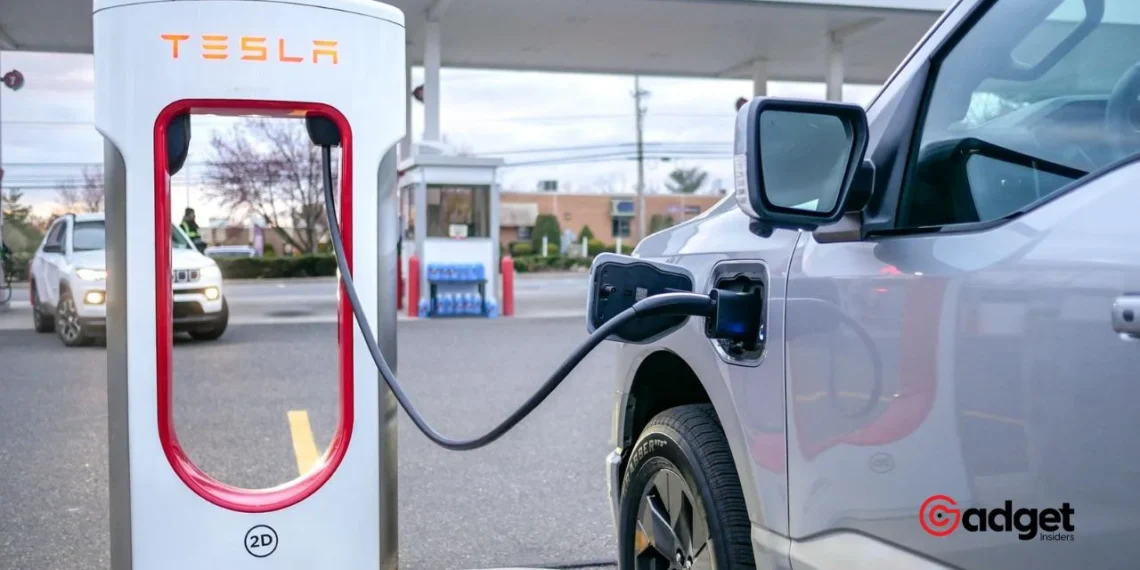In a strategic pivot that could reshape the electric vehicle (EV) charging landscape in the United States, British Petroleum (BP), historically one of the world’s largest oil entities, has set its sights on a significant asset within the EV arena—the Tesla Supercharger network.
This interest comes at a time when Tesla’s management upheavals have cast uncertainties over the future direction of its charging infrastructure.

The Crown Jewel of EV Charging
Tesla’s Supercharger network, a lynchpin in the global transition to electric mobility, represents more than just an array of charging stations; it’s a symbol of efficiency and technological superiority.
With over 50,000 chargers worldwide, Tesla has crafted a charging ecosystem that allows users to plug in and charge their vehicles swiftly—no fussy card taps or app downloads needed.
The streamlined process and reduced production costs, reportedly up to 70% lower than competitors, underscore the network’s pivotal role in Tesla’s dominance in the EV market.

Tesla’s Turbulence: A Door Opens for BP
The recent shake-up at Tesla, initiated by Elon Musk, saw the abrupt dismissal of the Supercharger division’s head and about 500 team members. This unexpected move has rippled through the industry, creating potential opportunities for other players.
BP, in a strategic turn towards a more sustainable business model, has been quick to express its interest in acquiring Tesla’s Supercharger sites across the U.S. Sujay Sharma, CEO of BP Pulse Americas, underscored the company’s proactive stance in a Bloomberg interview, stating, “We are actively seeking good talent and real estate opportunities that allow us to help grow, despite whatever else is going on around us.”
BP’s ambitious plan involves a $1 billion investment by 2030 to significantly expand its EV charging footprint, including the installation of over 3,000 new charging points and the creation of large-scale charging hubs, dubbed ‘Gigahubs,’ a nod to Tesla’s terminology.
BP Casts Covetous Eyes On Tesla Supercharger Assets https://t.co/kFmFYANwZR via @cleantechnica #EV
— Earth Accounting (@EarthAccounting) May 14, 2024
The Competitive Landscape and Regulatory Tailwinds
The unfolding scenario at Tesla has not only caught BP’s attention but also that of other major players like EVgo. Badar Khan, CEO of EVgo, noted a potential shift in the competitive dynamics within the charging sector, which might allow his company and others to capitalize on Tesla’s current predicaments.
Meanwhile, the broader industry is also adapting to new standards, with the North American Charging Standard (NACS) set to replace the older CCS system, promising enhanced compatibility and efficiency in upcoming EV models.
Regulatory support continues to bolster the industry, with the Biden administration committing billions to expand EV charging infrastructure, not just along major highways but also in underserved urban and rural areas. This governmental push aligns with broader environmental goals and supports the industry’s growth trajectory amidst Tesla’s strategic realignments.

The Big Picture: Environmental Commitments and Industry Shifts
BP’s move to potentially integrate Tesla’s Supercharger technology into its operations could signify a transformative shift in its business strategy, aligning with global sustainability goals. This is particularly poignant considering BP’s historical association with significant environmental incidents like the Deepwater Horizon oil spill.
The company’s renewed focus on clean energy solutions reflects a broader industry trend towards sustainability, despite the ongoing debates and political opposition surrounding EV technologies in certain regions.
As the industry continues to evolve and players like BP aim to redefine their roles within the green economy, the landscape of EV charging will undoubtedly continue to be a focal point of technological innovation and strategic investments.
The outcome of these shifts may set new standards not only for charging technology but also for corporate responsibility in the age of climate awareness.


